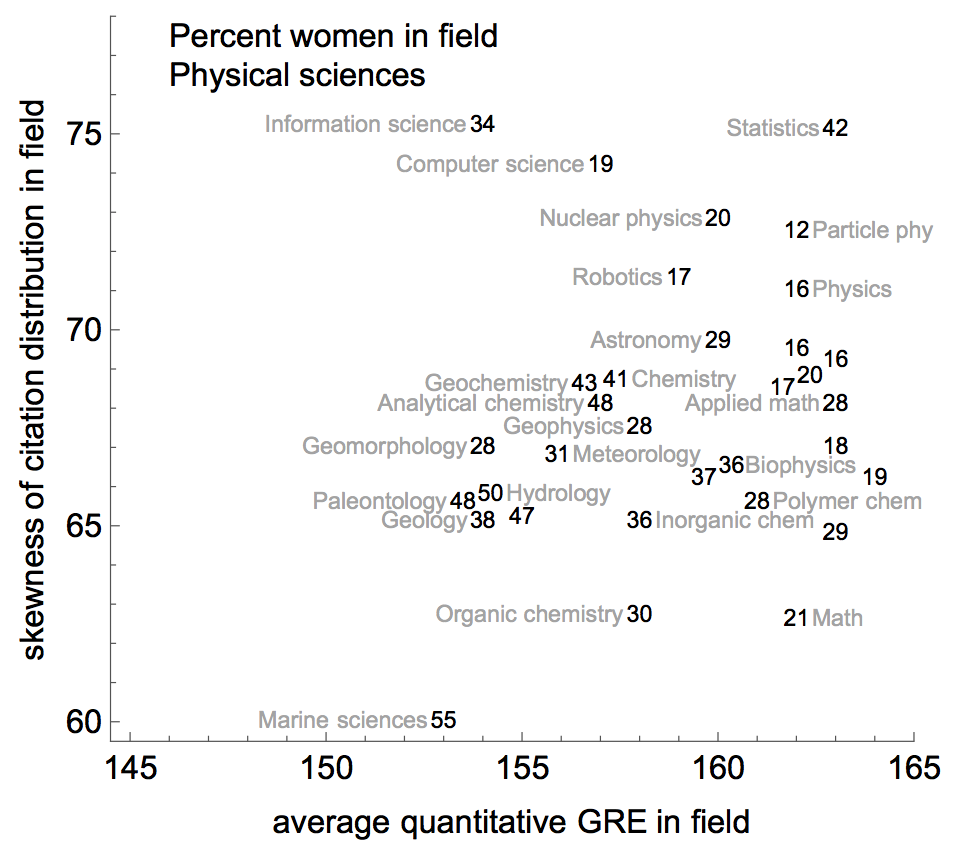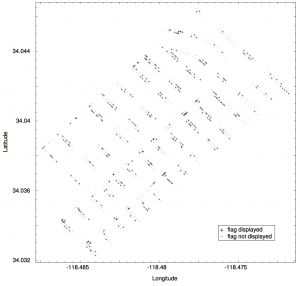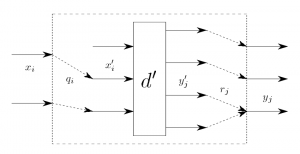
I find that among 119 academic fields, the more skewed the citation distribution of papers published in the field, the lower the percentage of doctoral recipients who are women. If the citation distribution in a field is more skewed, a smaller percentage of papers receive most of the citations, which indicates a greater preference to agree on which papers should be cited. This empirical result illustrates the argument, which I make in a game-theoretic model, that stereotypes are more powerful when people like to agree with each other.
The data used in this paper is available here.


